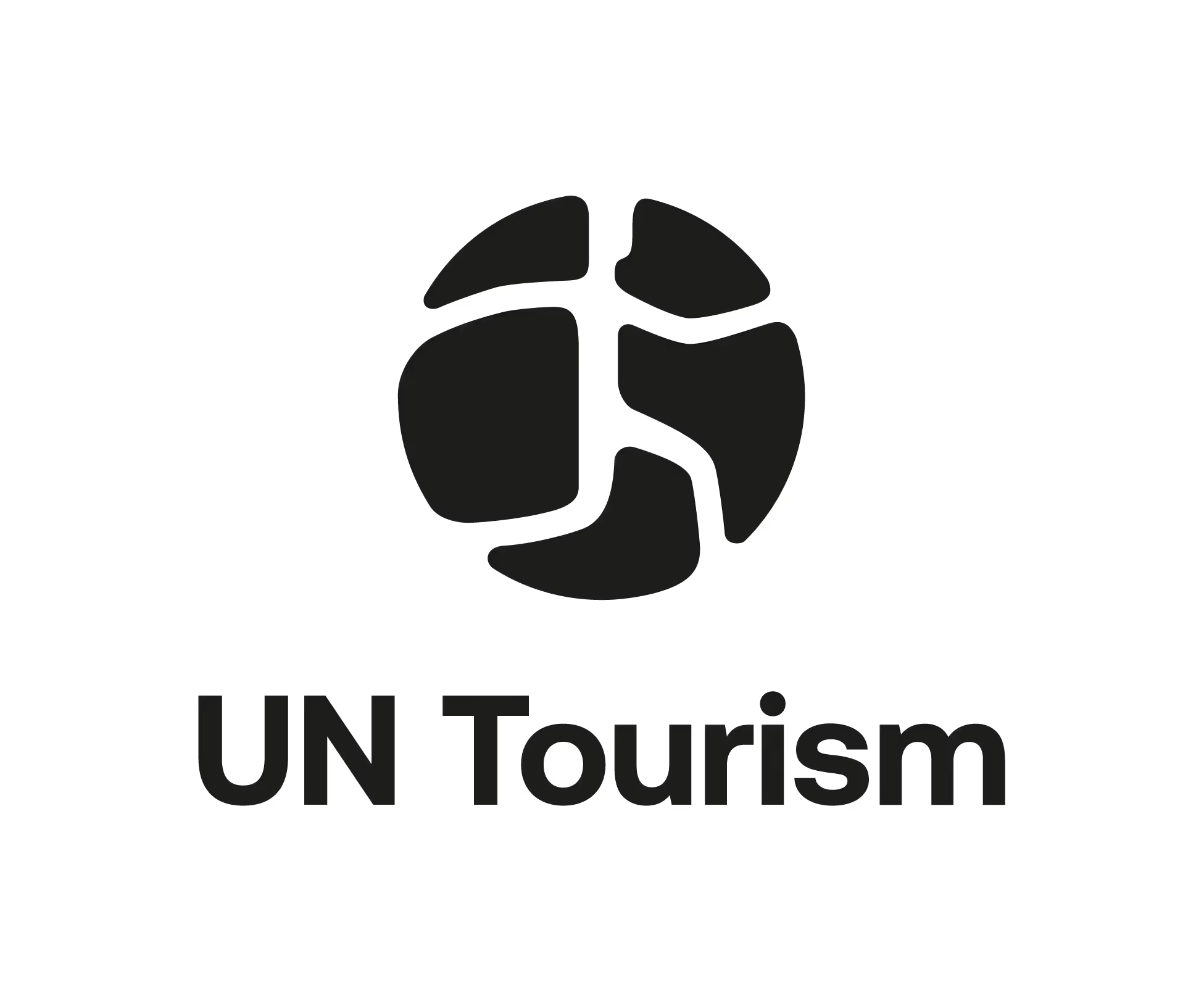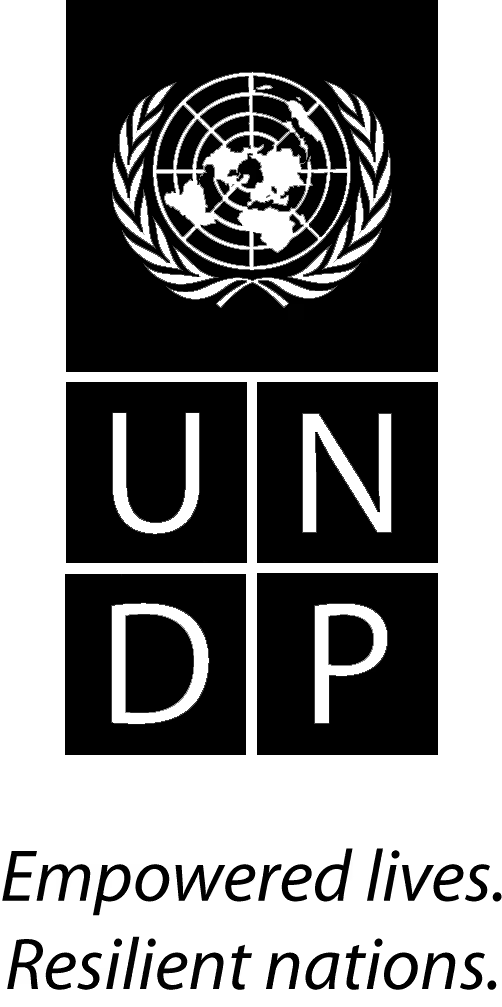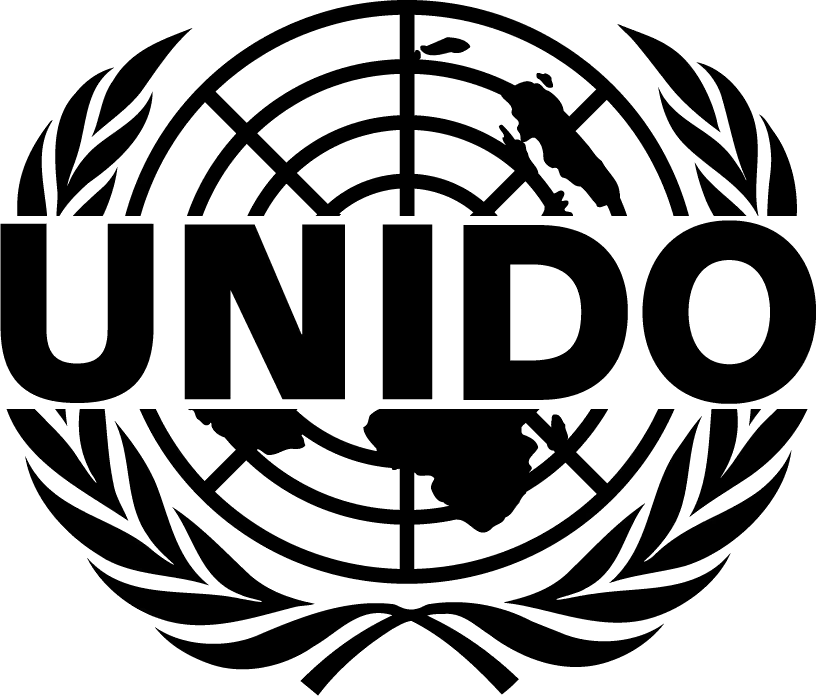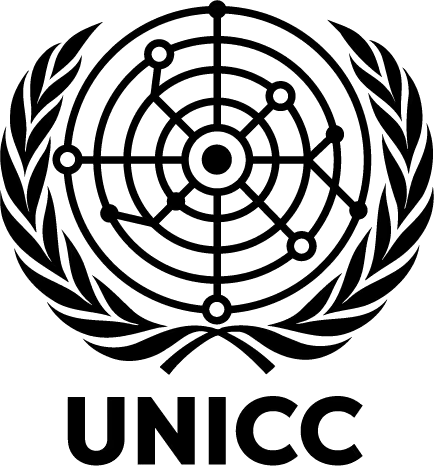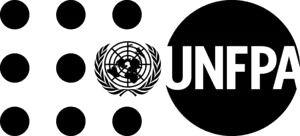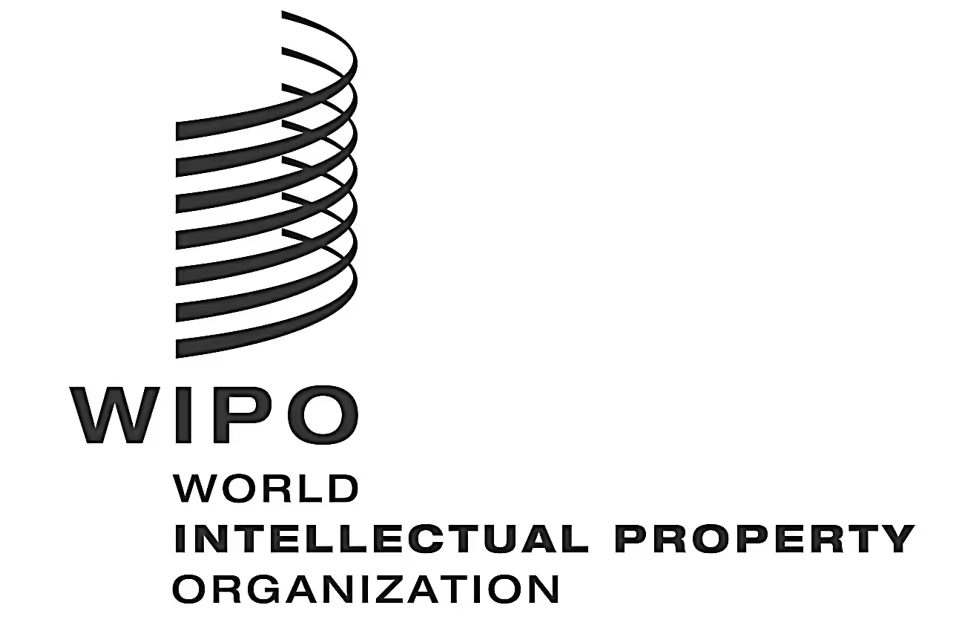
Blockchain Technologies
Explore the transformative potential of blockchain technology for the Sustainable Development Goals
Welcome to the UN Blockchain Group
Blockchain technologies introduce new systems of trust and exchange on which users can send value directly from one party to another without the need for intermediaries. Blockchain provides opportunities to create new ways of operating, creating transparency and improving accountability. For UN Entities, applications of blockchain technology include cash and remittance transfers, supply chain tracking, record keeping, digital identity, increasing transparency and many others.

A Practical Guide to Using Blockchain within the UN
Understand the Fundamentals of Blockchain
Tune in to learn how blockchain technologies work and how they could add value to the work of the UN System.
As we continue to face complex global challenges, collaboration and information sharing are more important than ever. By harnessing the power of blockchain and distributed ledger technologies, we can revolutionize the way we collaborate, improving efficiency, transparency, and accountability. Here are just a few of the ways that blockchain technology can transform collaboration within our network:
- Enhanced Data Security
- Streamlined Processes
- Improved Transparency:
- Global Accessibility
- Greater Innovation:
Applying Blockchain Technology
Explore how blockchain and distributed ledger technologies can transform the way we work together within the UN Innovation Network.

Innovation in
Blockchain
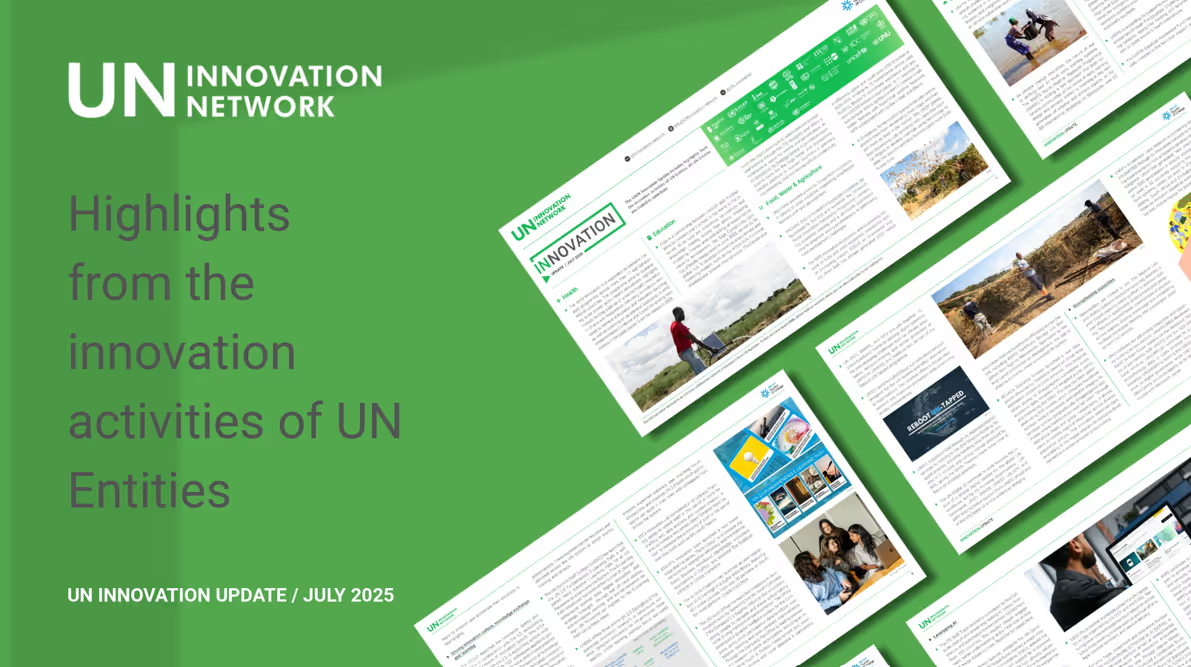
UN Innovation Update 2025 #1
This first edition of the 2025 UN Innovation Update showcases how 31 UN entities are testing, scaling, and applying practical solutions across health, climate, education, humanitarian action, and more, to accelerate progress on the Sustainable Development Goals.
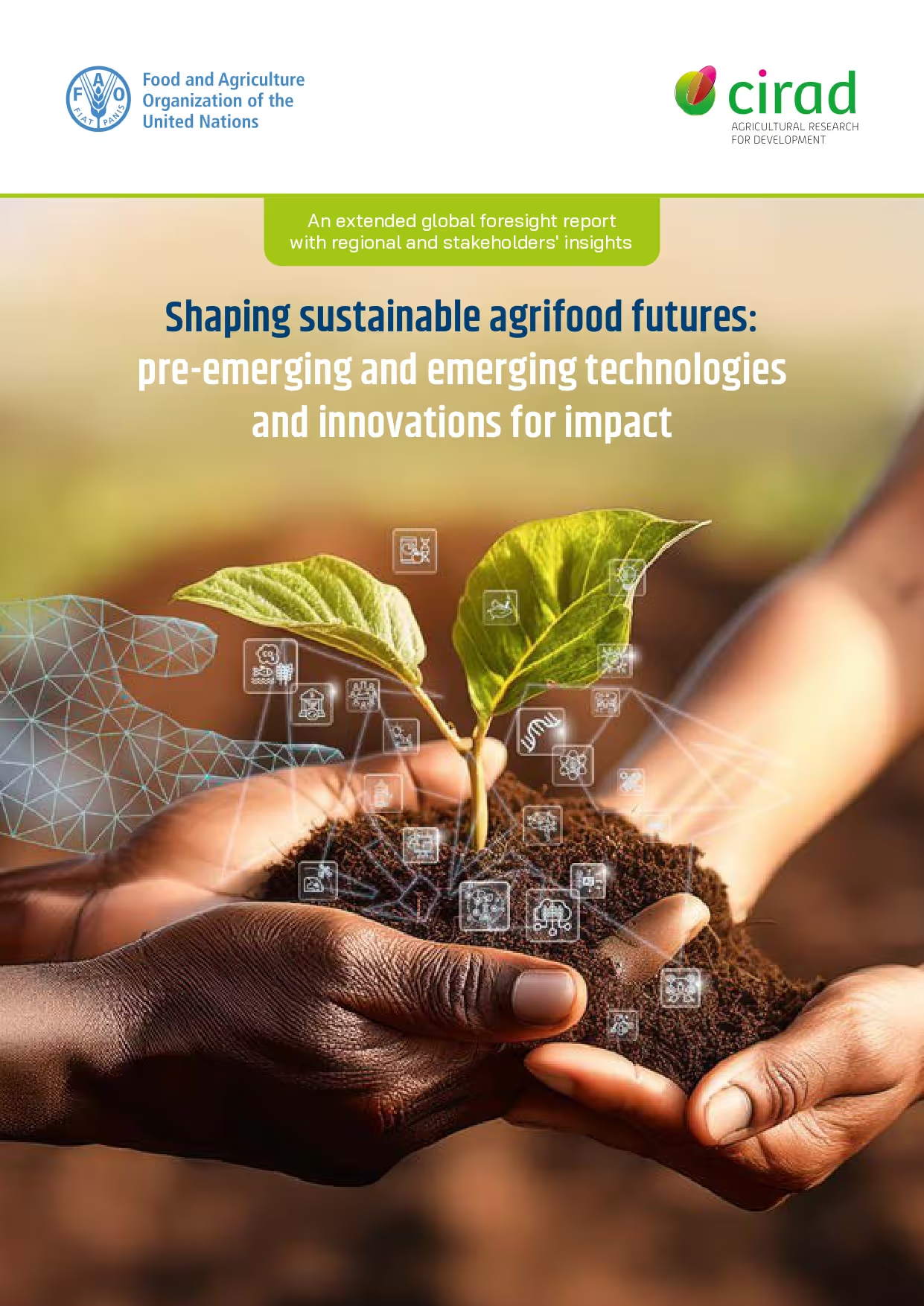
Shaping sustainable agrifood futures: pre-emerging and emerging technologies and innovations for impact
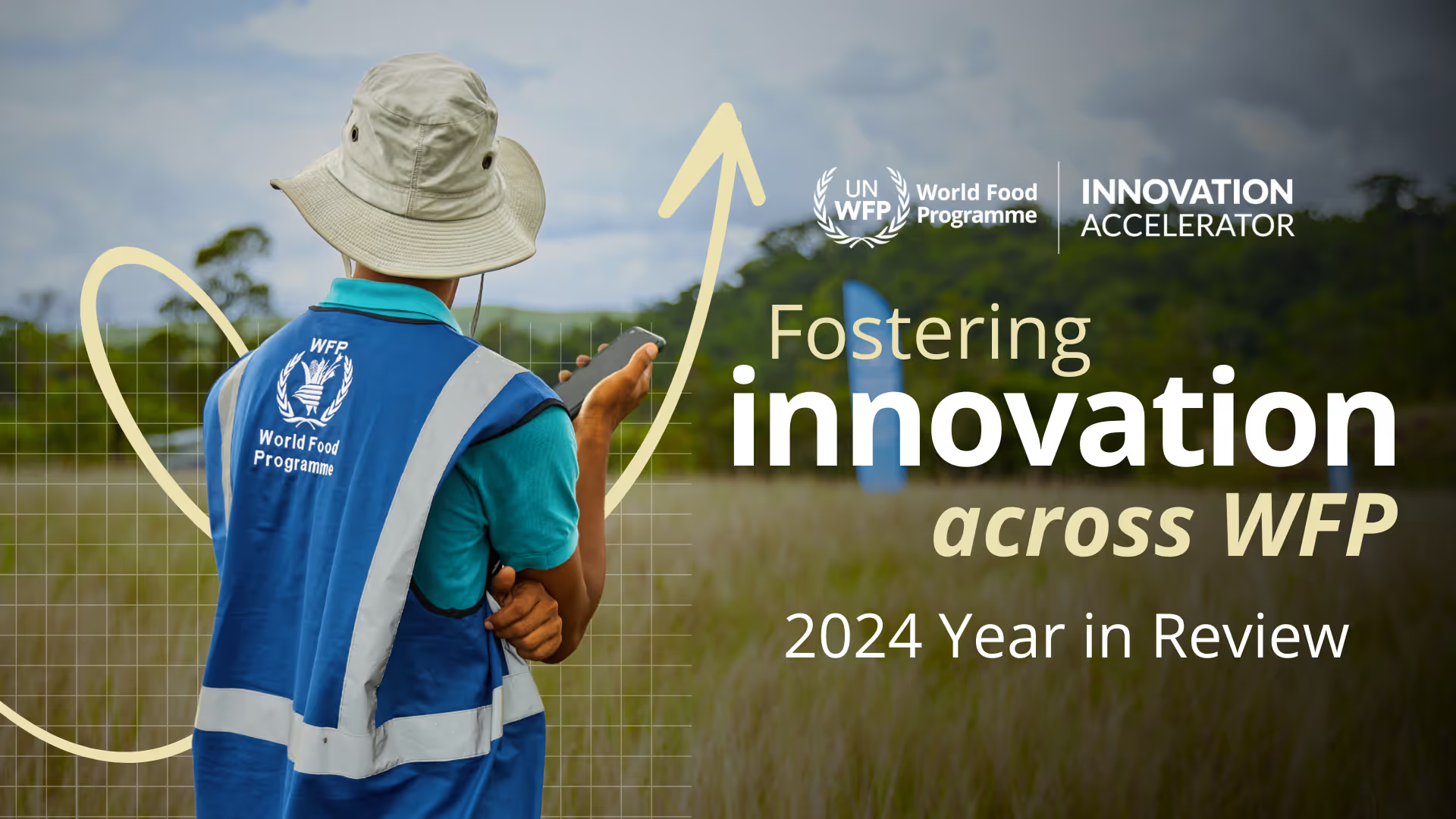
WFP Innovation Accelerator 2024 Year in Review
With colleagues, partners and supporters, the WFP Innovation Accelerator achieved significant results in 2024 in deploying innovative solutions worldwide.

Shaping sustainable agrifood futures: pre-emerging and emerging technologies and innovations for impact

Blockchain
Projects
Blockchain
Blog Posts
Featured
Blockchain
Publications
Blockchains for a Sustainable Postal Future

Join the UN Innovation Network
We encourage everyone interested in innovation - from all across the UN and beyond - to join the UN Innovation Network to collaborate, share experiences and innovate for the Sustainable Development Goals.
Join Us
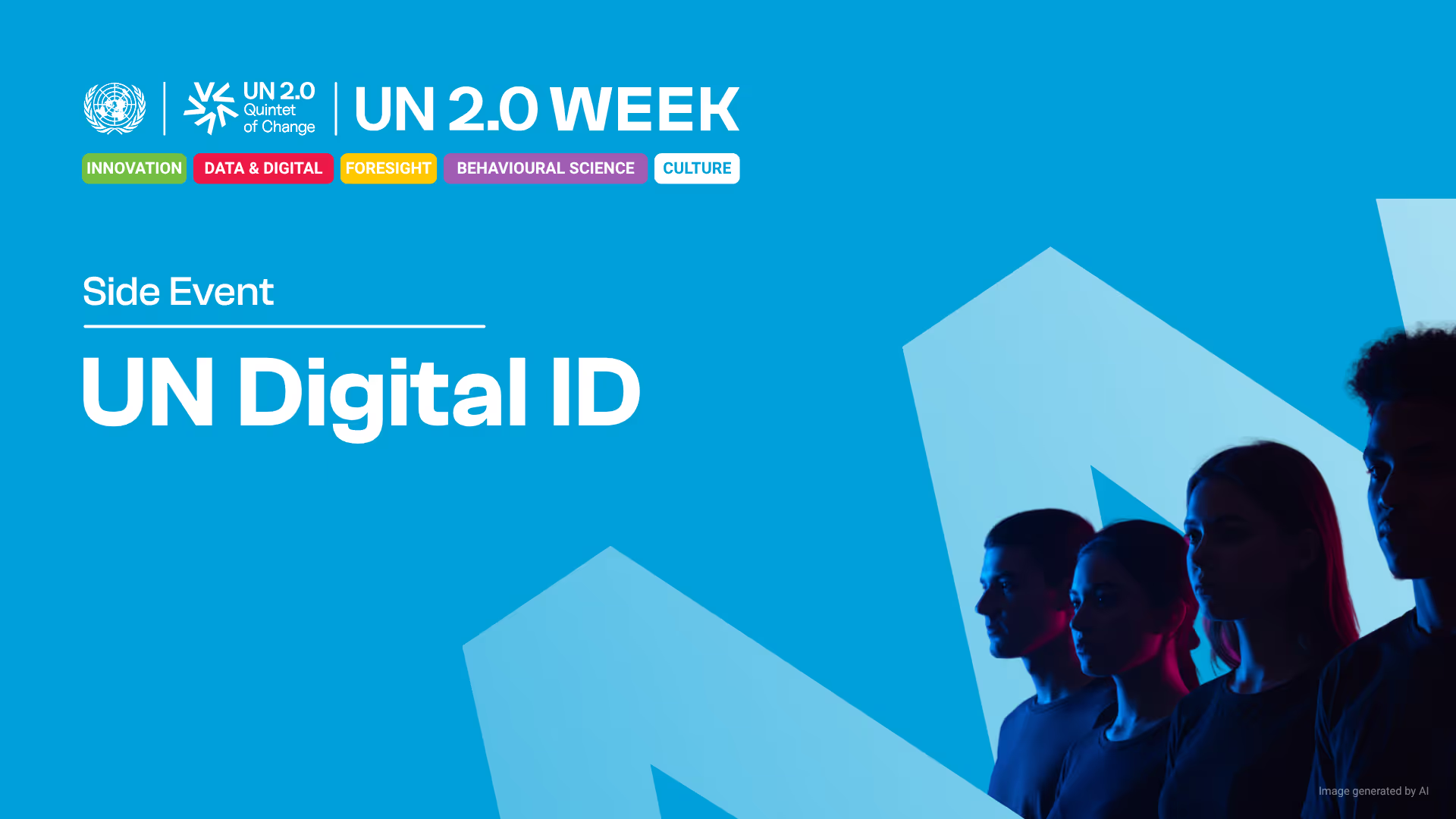
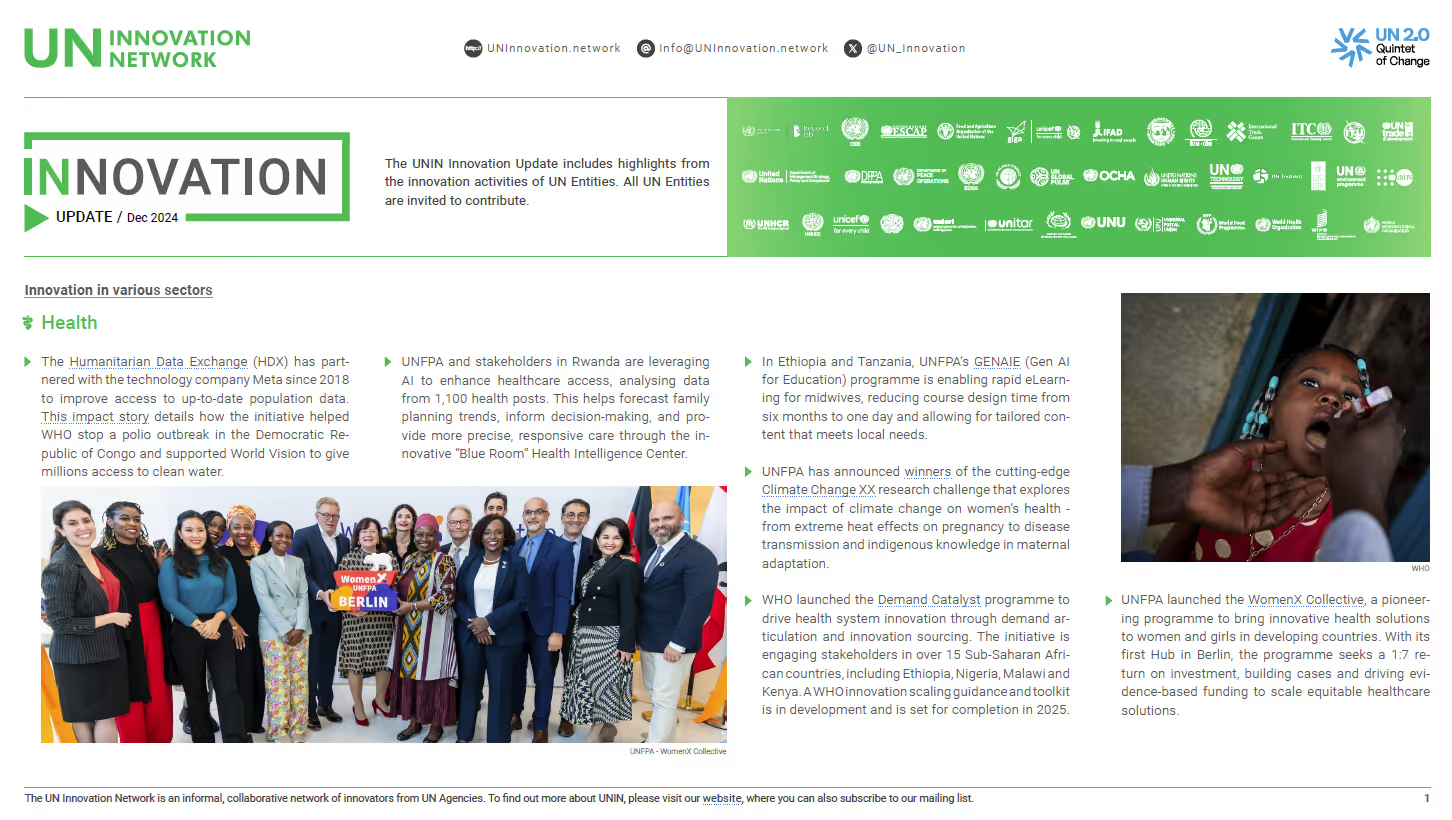



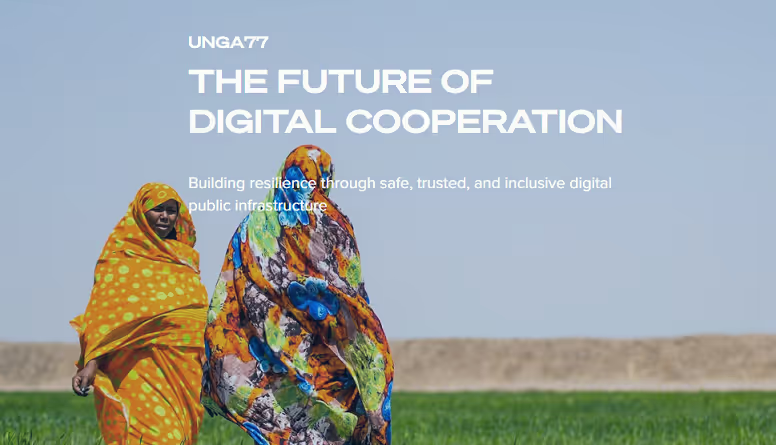
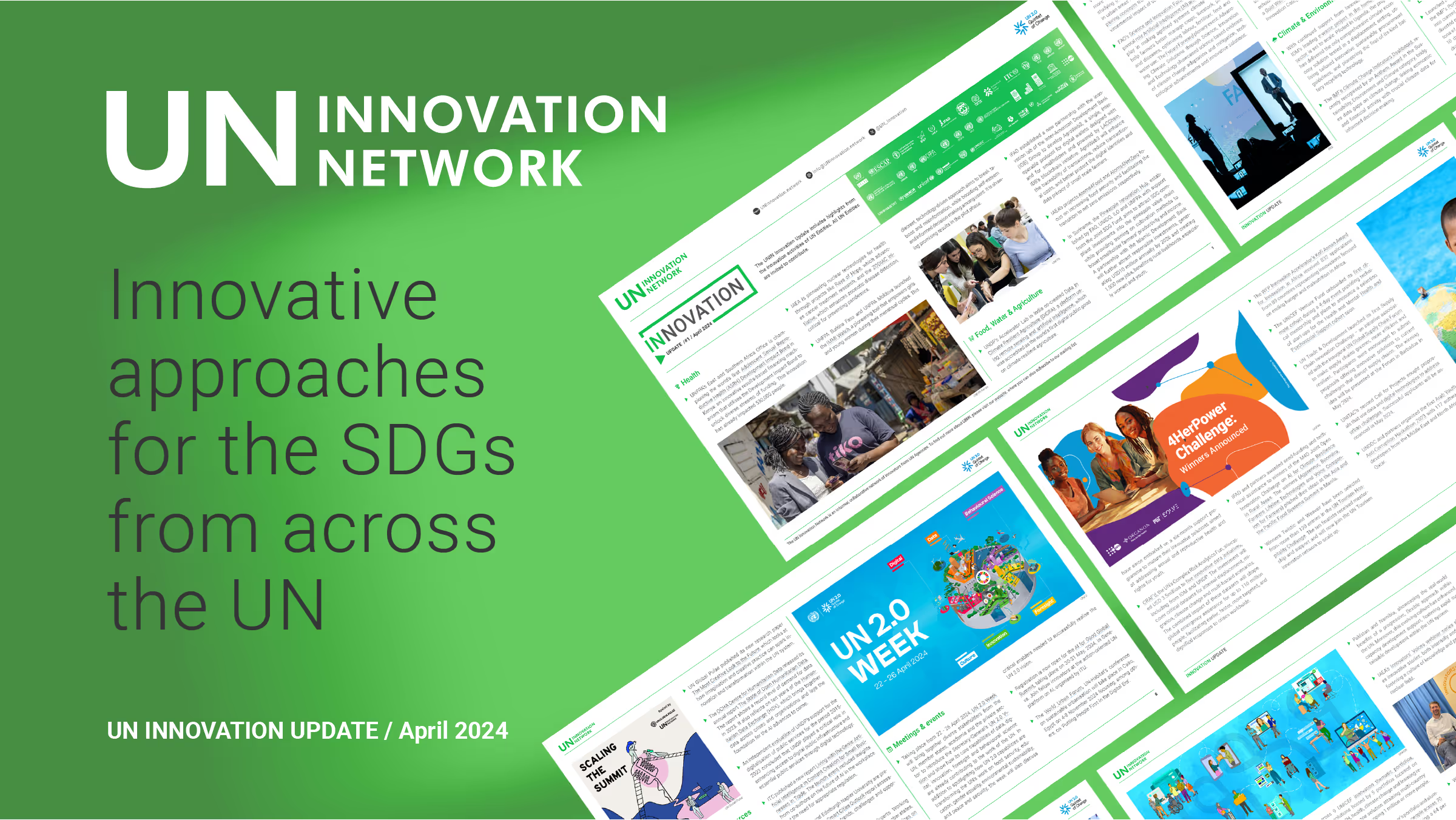



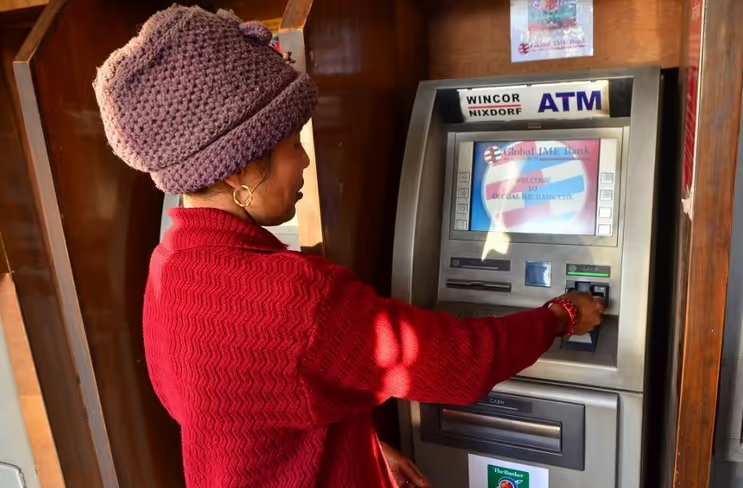

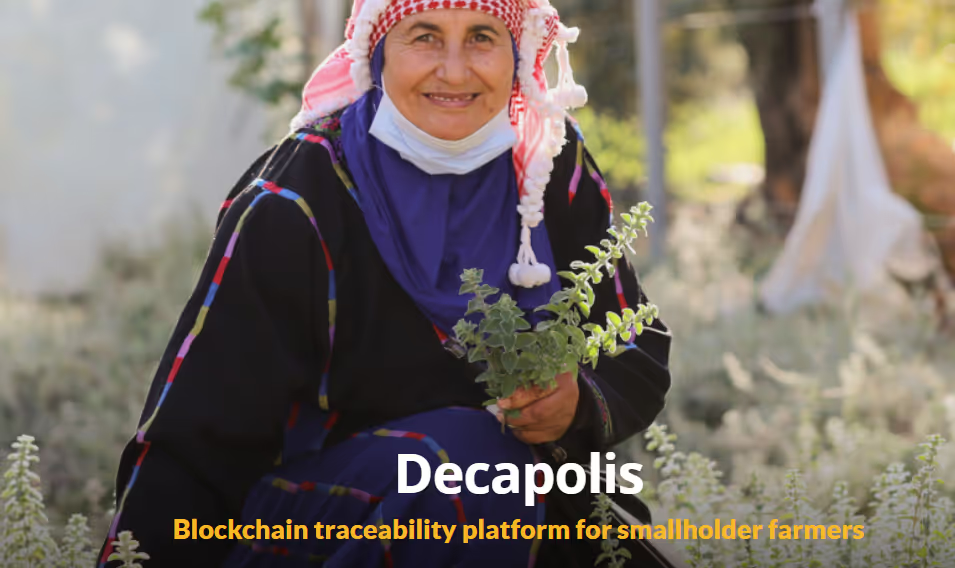








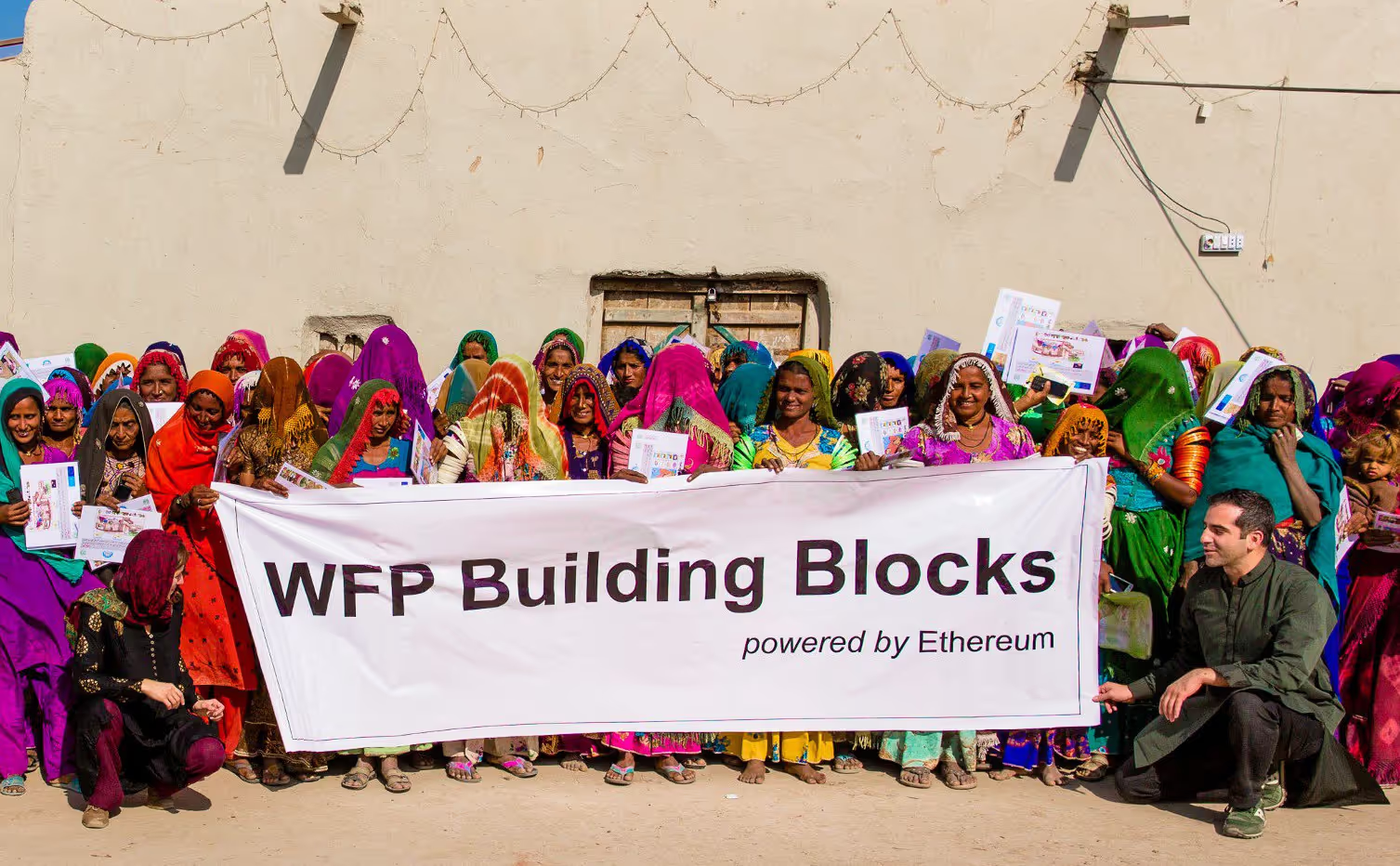
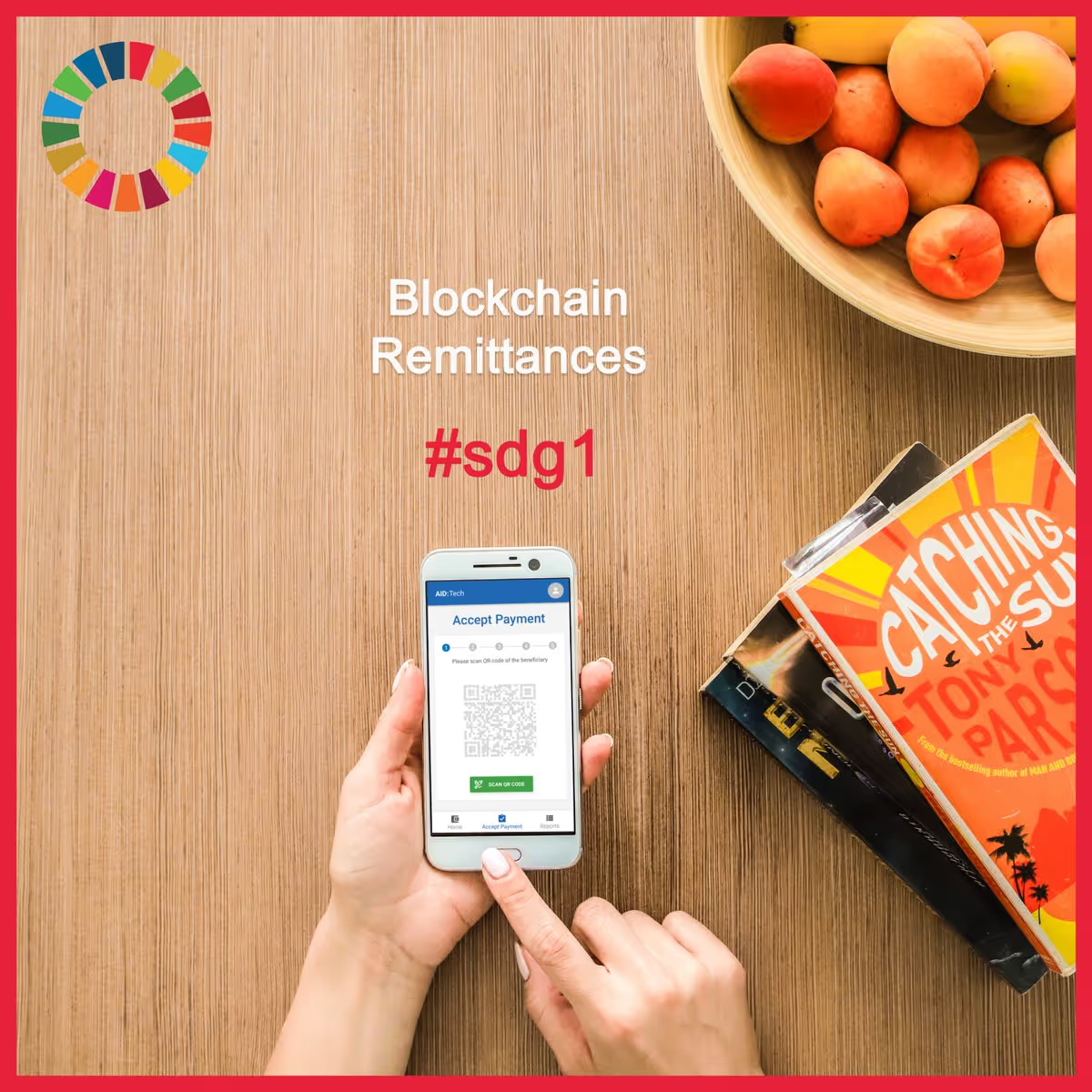
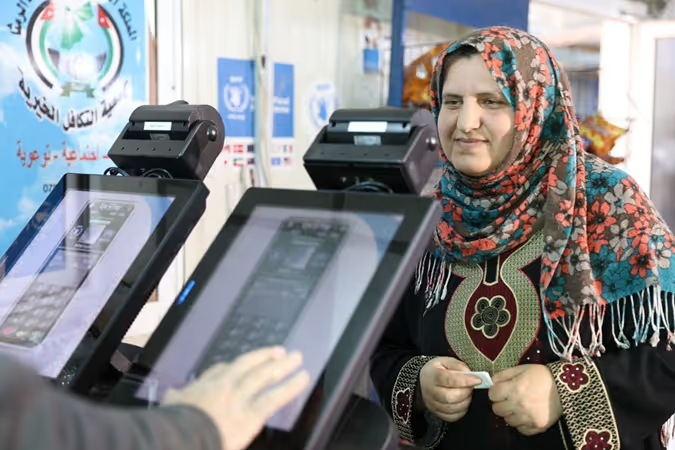


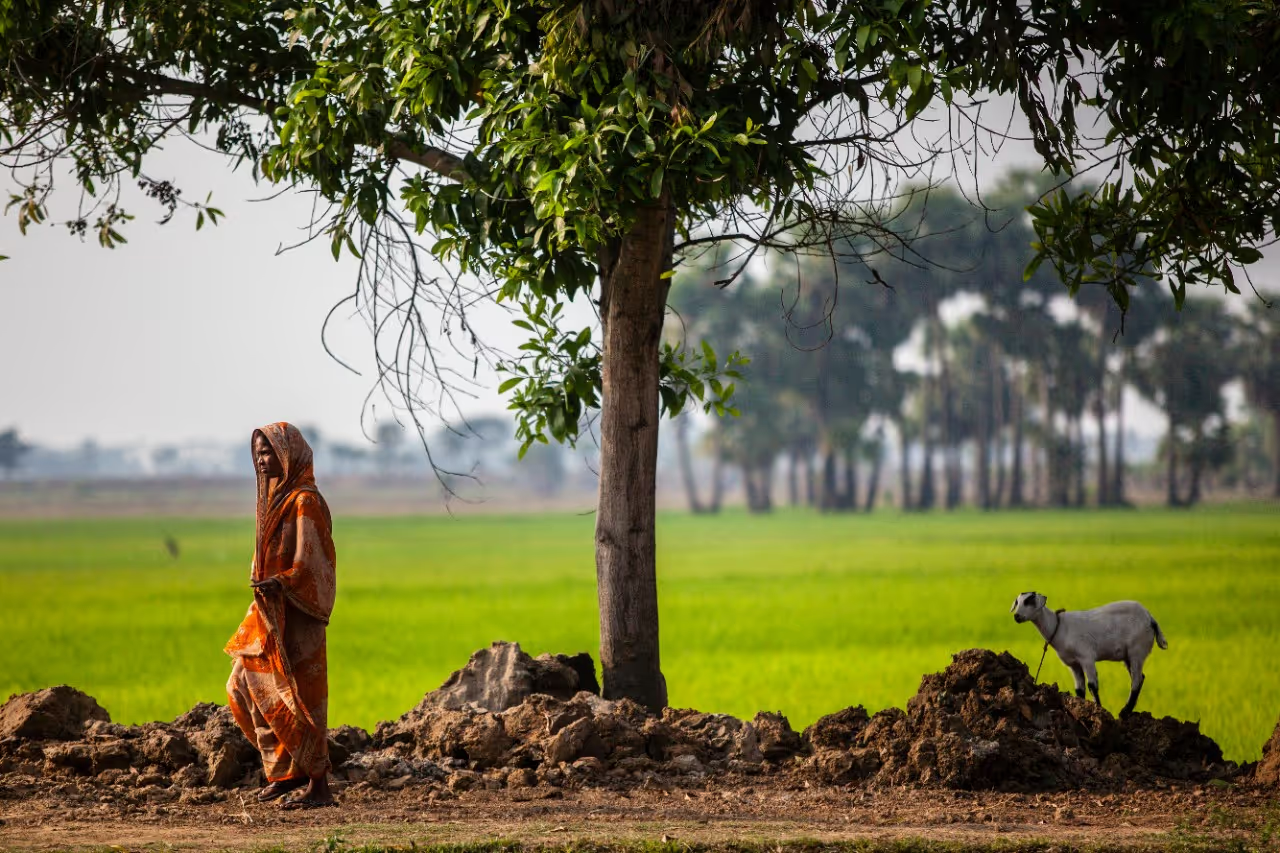

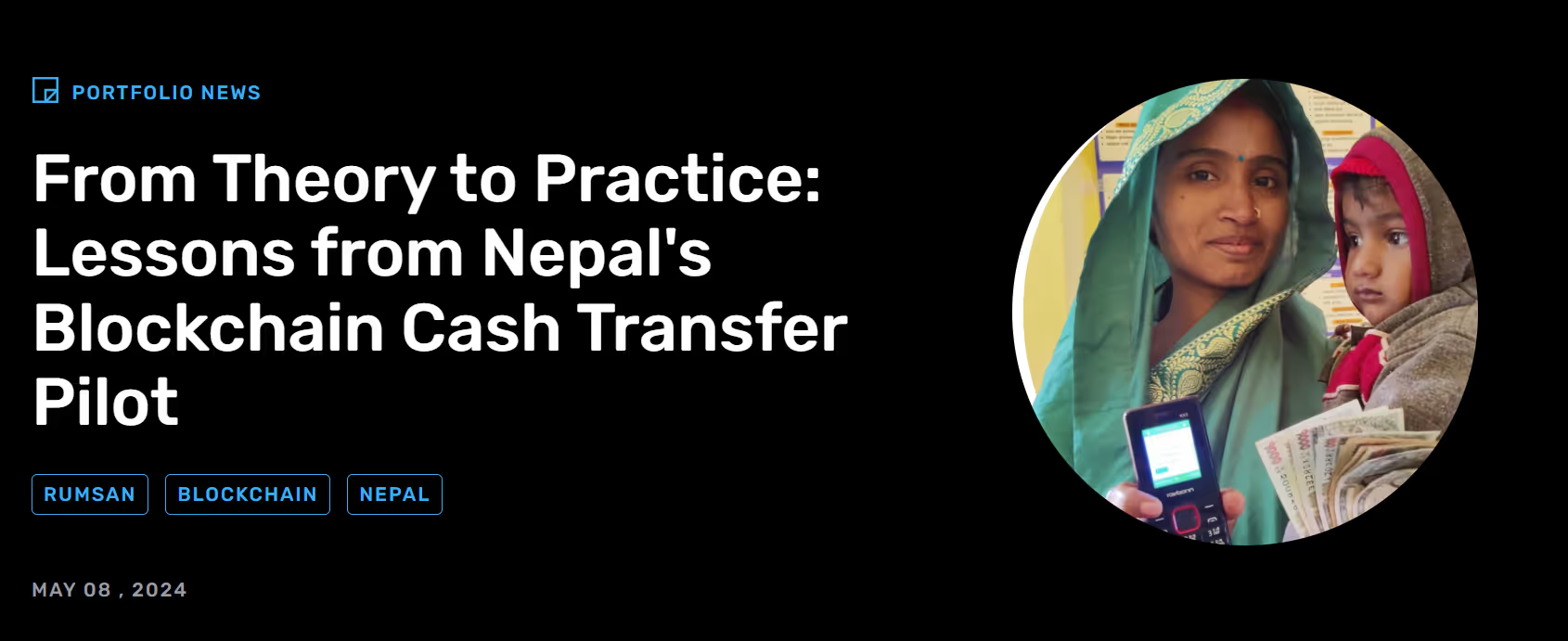

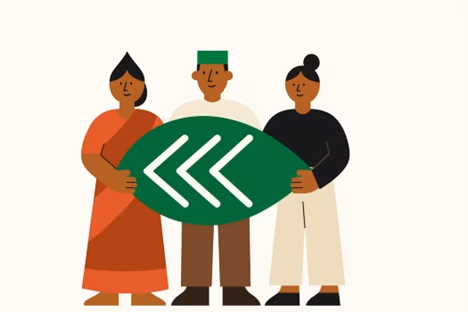
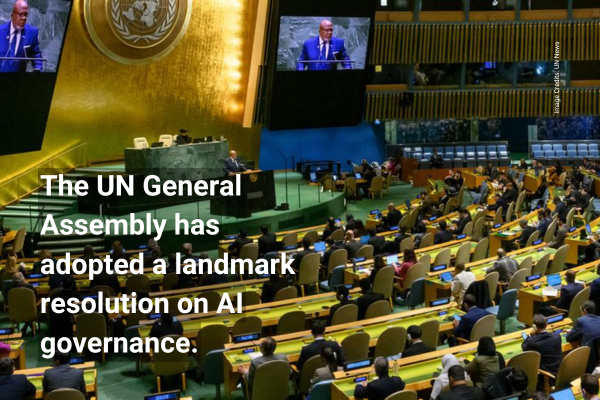

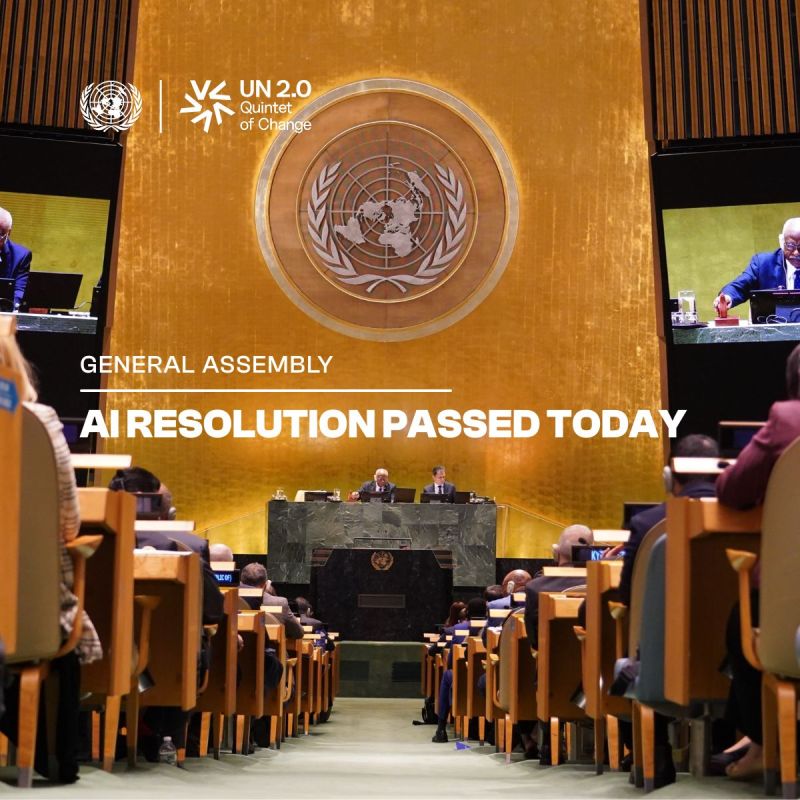
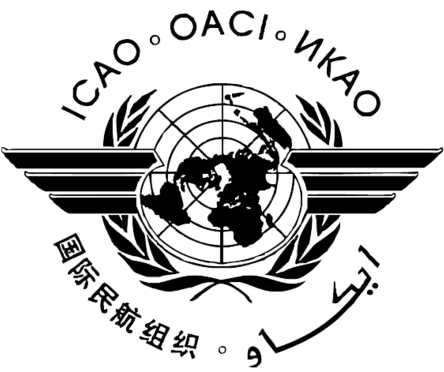

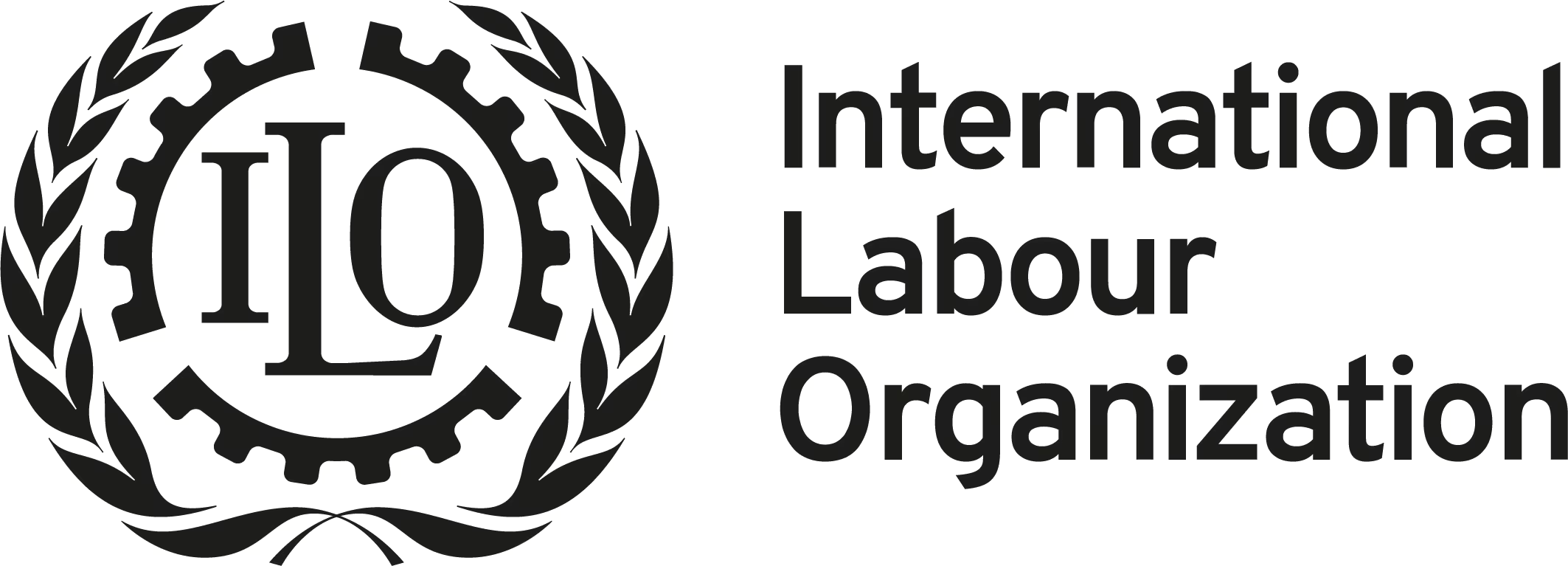

.avif)
